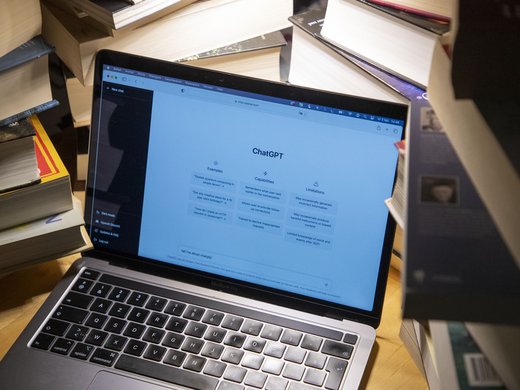Today, the financial sector is exposed to the physical risks associated with climate change and the impact of climate policies. Securing global financial and economic stability and scaling up low-carbon, climate-resilient investments are not conflicting, but rather mutually reinforcing, objectives. The fifth policy brief in the Fixing Climate Governance series argues that while crucial, classic climate policies do not appear sufficient to address the challenges from climate change that the financial sector is facing. Policies affecting and instruments matching the demand side and supply side of finance need to be aligned with climate objectives to efficiently shift investments toward a low-carbon, climate-resilient economy.
Once the link between climate change and the mandates of international financial sector governance and regulatory institutions is understood, the existing tool kits and processes of these institutions — common standards, principles and guidelines with various levels of legal force, country surveillance and technical assistance — present entry points to mainstream climate-related risks and opportunities into their core operations.


